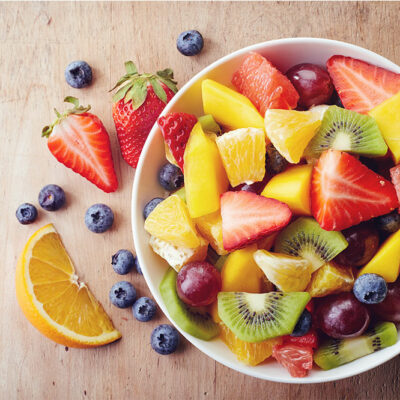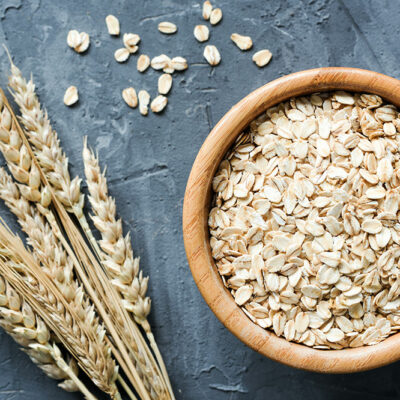
Food
8 Immune-Boosting Foods to Combat Cold and Flu
When you are down with a cold or flu, you might lose your appetite. However, eating is an essential part of healing from any illness. This is because the body needs vitamins, minerals, and energy to fight the sickness. When it comes to colds and flu, several foods help provide energy as well as alleviate symptoms. Consuming these foods can help resolve the cold or virus sooner and even prevent it from happening frequently. So, let’s have a look at what foods kill cold. 1. Ginger This little root has several properties to help aid cold and flu. They have antibacterial and anti-inflammatory properties that help alleviate inflammation and symptoms of a cold. One can use ginger to make teas, smoothies, or soups. Each of these can be consumed to fight off the cold. 2. Chicken soup Freshly made hot chicken soup works wonders for cold. It clears the nasal passages, soothes the throat, and alleviates congestion. Moreover, it also helps keep the body hydrated. One can also substitute chicken with vegetables or beef broth. 3. Green tea Freshly brewed green tea is one of the best things to have during a cold. It works as an excellent decongestant and helps keep one hydrated.
Read More 















